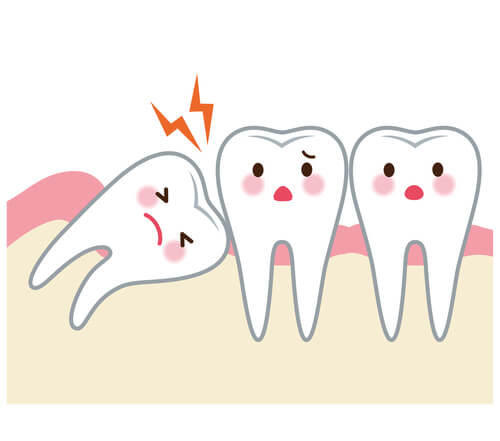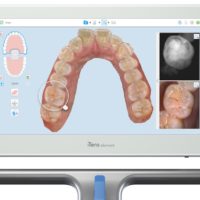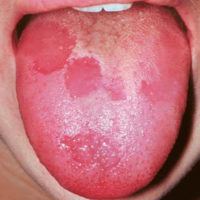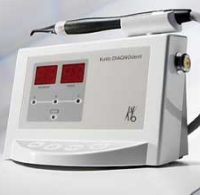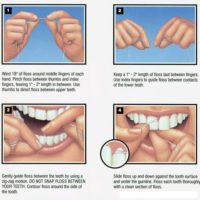Why Wisdom Teeth Get Removed
Most people are born with their jaws not having enough room for wisdom teeth, or third molars. This means at some point, those teeth will need to be removed. Wisdom teeth can erupt from the jaw bone anywhere between the ages of 17 and 25. If you do not see your wisdom teeth around this time, there could be a chance they are impacted. This is when there is not enough room for the teeth to fully emerge from the gums, so they develop within the jawbone. If wisdom teeth are impacted, they should be removed before the root fully grows out, or there can be difficulty when extracting. If wisdom teeth are not extracted, it could lead to oral health problems as you get older.
How to Tell if your Wisdom Teeth are Impacted
The main way to tell if a wisdom tooth is impacted is by going to your dentist and getting an x-ray. Some warning signs for impacted wisdom teeth may include:
- Throbbing pain in the back of the mouth
- Swelling and bleeding of surrounding gums
- Headaches
- Swollen glands in the shoulders and neck
How to Go About Removing Them
When you start to feel the pain of your wisdom teeth growing in, that is when you should ask your dentist to give them a check. With a quick x-ray, they’ll be able to tell if your teeth are impacted and what the next steps will be. As previously stated, you should aim to get your wisdom teeth removed before the root fully grows in. The earlier you can get your wisdom teeth removed the better. It is suggested that you get them removed when you have set recovery time. For students, it would be easiest to get wisdom teeth removed over summer break. You’ll need at least a week of recovery time following your surgery so make sure you schedule in accordance to that. It is always recommended that you consult with your surgeon before the actual day of surgery. This is when you get to ask all your specific questions, so make sure you’re prepared. Some typical questions involve:
- Anestesia
- How many teeth need to be removed
- Swelling of the face
- Pain medication
- Level of difficulty for removal
- Transportation the day of surgery
- What to avoid before/after the surgery
If you have any issues post-surgery, you should call your surgeon’s emergency line as soon as possible.
Feel free to let us know if you are experiencing any issues with your wisdom teeth and we’ll be happy to set you up for a consultation.

